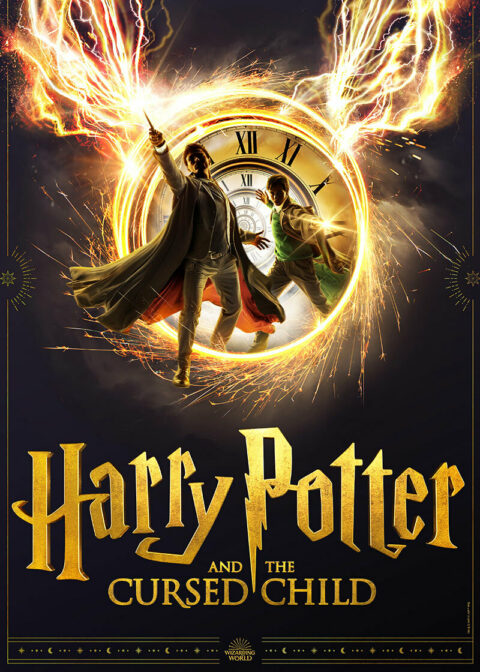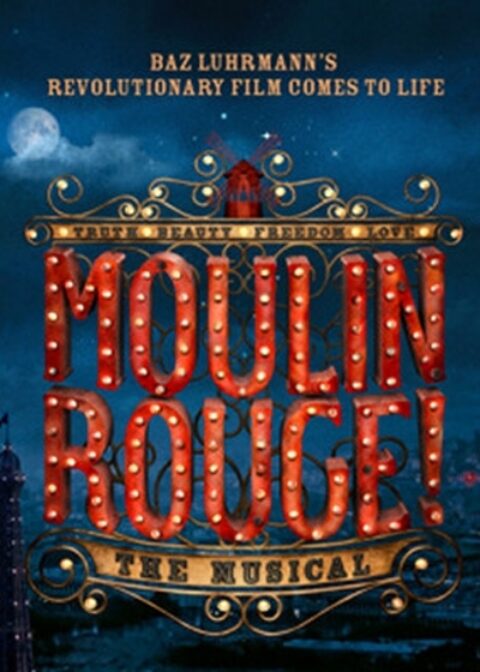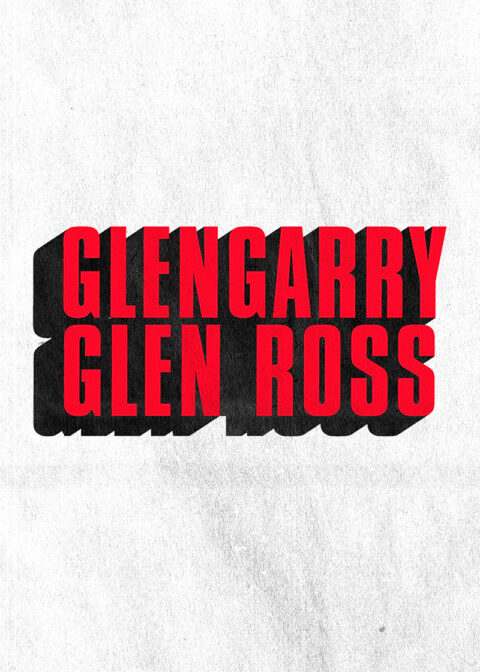Broadway Staple The Book of Mormon Has Recently Discounted Tickets Catering to the Post-Pandemic Summer Tourist Traffic in NYC.
The Book of Mormon on Broadway Faces Pressure to Discount as Ticket Sales Become Driven by TKTS Booth
The Book of Mormon Has Performed on Broadway For Over a Decade
The Book of Mormon (TBOM) opened in 2011 to rave reviews and it created a colossal fan base over the 11 years it has been on Broadway. The show rocket-launched the careers of Josh Gad and Andrew Rannels who went on to perform in Frozen and The Prom. The Book of Mormon has also had an enduring appeal due to its dark comedic sensibilities and upbeat musical numbers.
The show pokes fun at religion and the hypocrisy within it. The show is known as a Broadway heavyweight that thrived on NYC and around the world in various tours and iterations.
Book of Mormon Now Offers Discount Tickets
Recently the show has started discounting its tickets at the popular tourist trap the TKTS booth in Times Square, where the general public can nab Broadway tickets at lower prices on the same day of the performance.
The Book of Mormon had not offered any discounts on tickets prior to the pandemic and this is an all-new strategy.
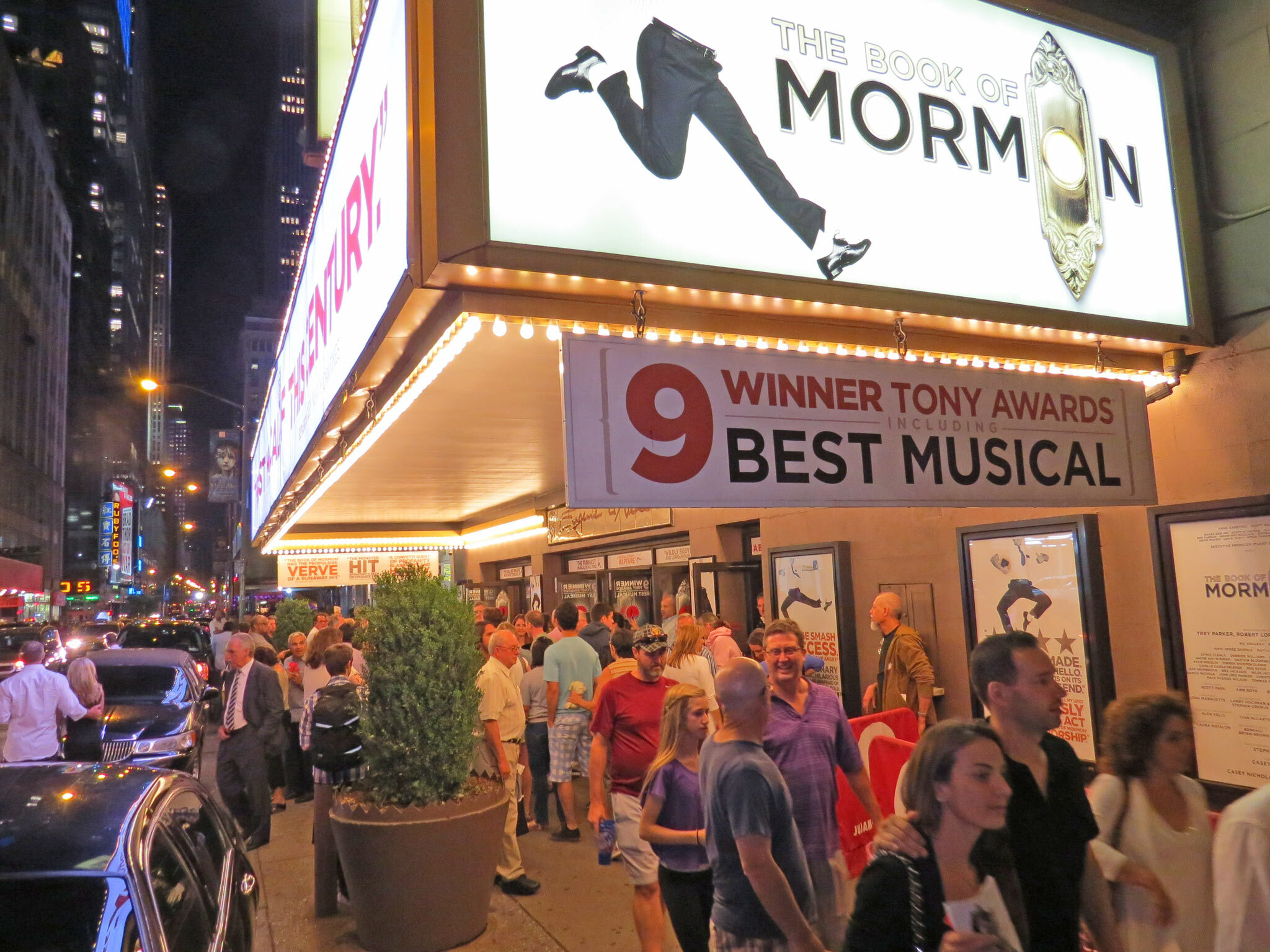
Harry Styles Sang It Best, “It’s a Sign of The Times”
The Book Of Mormon might be a beloved show by millions but the landscape of theatre is incredibly treacherous post COVID and ticket discounts abound to re-engage the ticket buying public. No live performances are safe in this new world where Broadway theatre has to compete with Netflix and Post Mates.
Originally it was expected that there would be a major boom of in-person socializing post pandemic but every time the pandemic caused shutdowns and re-shutdowns, people lost faith in a fully functioning world and Broadway experienced the same.
The Book of Mormon Pre-Pandemic Success
Prior to the pandemic, the 2018-2019 Broadway season was the highest grossing season of all time, welcoming 14.8 million admissions according to The Broadway League.
The Book of Mormon had consistently remained a successful show throughout and even surpassed $500 million-dollar total gross in 2017. This is a major accomplishment for any Broadway show and the show is not done yet.
The recent ticket discounting of The Book of Mormon tickets at the TKTS Ticket Booth in Times Square demonstrates a change in the marketing dynamic for this satirical comedy, which now may be becoming a little desperate to maintain its consistent 90% capacity tickets sold every night.
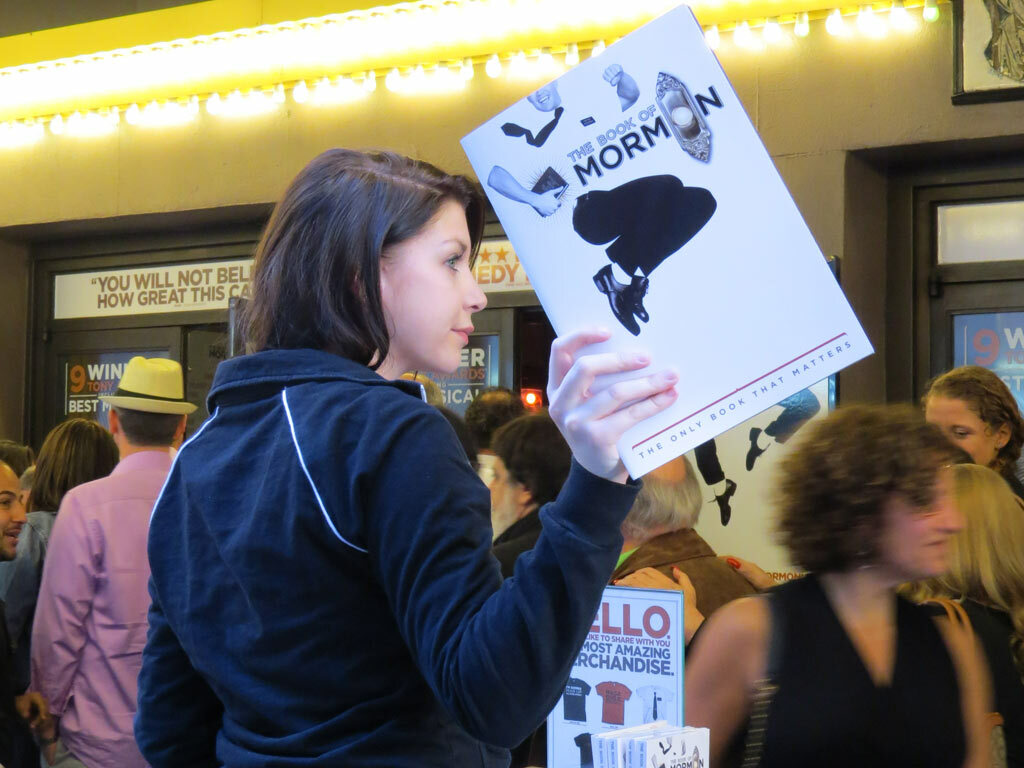
Discounting Tickets Does Not Mean Disaster
The discount tickets at the booth for this show does not mean the show is in immediate peril. According to The Broadway League, during the week of July 3rd, 2022, The Book of Mormon grossed $969,890 and was performing to an average 97% house capacity.
While a weekly gross of $969,890 is not a record high for the show, compared to the other current shows on Broadway it is still a decent Broadway income, just a long way from the no.1 spot that it occupied only a couple of years ago. Now the show is lucky to even get into the list of top 10 Broadway shows.
Are They Damaging Their Brand By Selling Tickets at the Booth?
There could be a multitude of reasons as to why TBOM has started to discount tickets at the booth.
The show’s ticket sales prior to the pandemic obviously reflected a different time economically and socially, but the show’s last week of sales in 2020, prior to shutting down, displayed a solid $929,168 in ticket sales revenue. This number is close to today’s revenue.
The Book of Mormon selling discounted tickets through TKTS could also be a product of the current confused state of Broadway in general and not a reflection of the overall health of the show itself.
That being said, selling tickets for a top show at the TKTS Discount Ticket Booth may be a result of a failed sales and marketing strategy where producers are now selling reams of unsold ticket inventory at fire sale prices. This may damage the brand and make it far harder to sell a full-price ticket ever again.
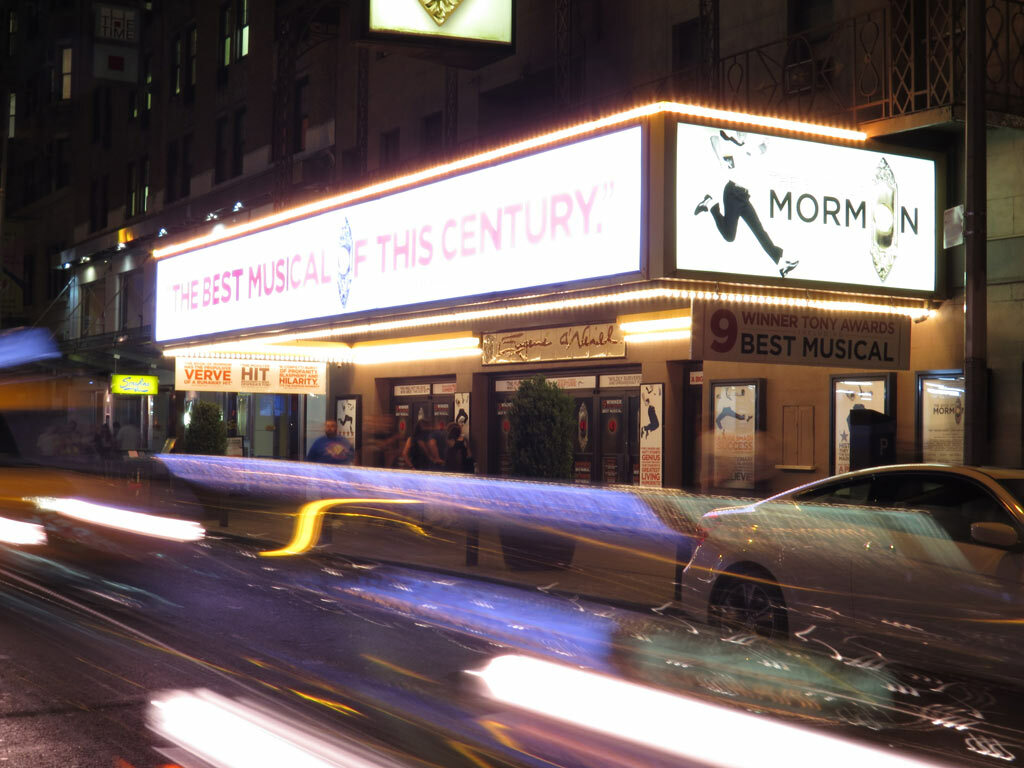
Why Reward Tourists Instead of Locals?
TKTS primarily markets and sells Broadway tickets to tourists at their Times Square Booth for same day performances. For The Book of Mormon to choose to discount their tickets through that outlet highlights a specific marketing strategy that may be related to the age of the show.
The show is not offering any discounts via codes or in-advance ticket sales and NYC locals are being excluded. Locals could venture into the hell-hole of Times Square to buy these tickets, but recent studies show that the booth primarily caters to out-of-towners and only 4% of their clients are locals.
Show Producers May Be Done With Locals
Producers may be assuming that New York locals have already seen the show and now tourists are their only potential client. This leaves locals out in the cold for getting a good priced ticket and there are no discount codes for The Book of Mormon coming out anytime soon.
The show may also be trying to reach a new audience of tourists that might be looking for a comedy from the South Park stable. The show may also be angling itself in the vein of other tourist attractions like Wicked and The Lion King.
The Book of Mormon is definitely a more mature comedic alternative to the other crowd pleasers and has a much older fan base, but even they are only seeing the show once.
Does The Show Still Strike the Right Tone With Audiences?
Clearly, The Book of Mormon is not a Disney classic like Aladdin, or The Lion King nor is it a dramatic reimagining of the founding of America like Hamilton. The Book of Mormon differs from the other long running Broadway smash hits in many ways that may affect its marketing strategy.
Now going into its second decade on Broadway and trying to overcome a pandemic, TBOM really has positioned itself as the resident Broadway dark comedy. But with themes like religion, HIV, warlords, and missionary work, it does not immediately sound like an uplifting musical for our times.
However, the ultimate themes of the show are to live your truth and believe in yourself. So maybe it is still relevant for today?
